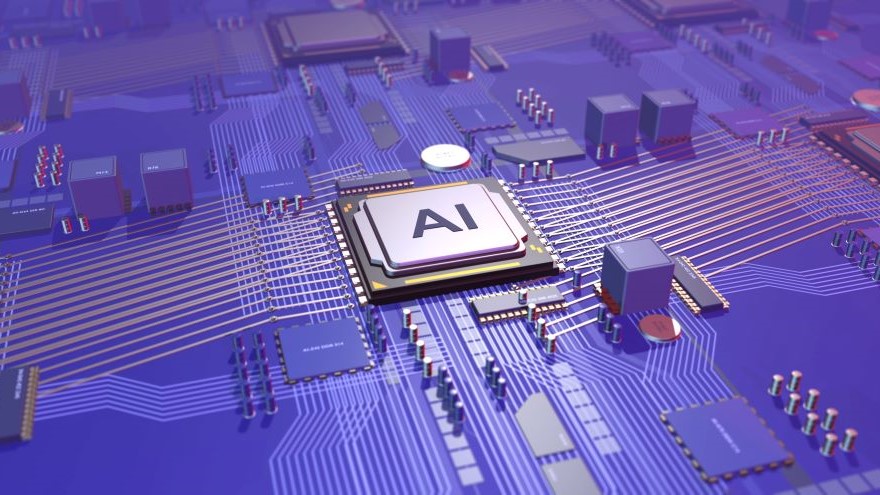COMMENTARY: How AI is enhancing vehicle inspections for car buying, selling & transportation

By subscribing, you agree to receive communications from Auto Remarketing and our partners in accordance with our Privacy Policy. We may share your information with select partners and sponsors who may contact you about their products and services. You may unsubscribe at any time.
Artificial intelligence is rapidly transforming nearly every industry, and the automotive sales, remarketing, and transportation sector is no different. AI-powered vehicle inspections have recently emerged as a groundbreaking innovation.
Vehicle inspections are crucial to determining a car’s condition and value, facilitating informed decisions for both buyers and sellers. In an industry that is increasingly buying, selling, and trading vehicles virtually and transporting them long distances, AI is quickly becoming an indispensable tool. AI offers three distinct advantages for vehicle inspections that can significantly increase efficiency and bolster confidence for the industry:
AI-inspections reduce human error
Vehicle inspections are only as good as the eye of the person completing the inspection, and human error has long been a concern in the industry. Traditional inspections are susceptible to oversight, fatigue, and variations in judgment. AI-driven vehicle inspections, on the other hand, are less prone to these human errors. AI systems perform inspections with the same level of precision every time, eliminating inconsistencies.
AI algorithms are designed to detect even the smallest defects and anomalies that might be missed by human inspectors. This heightened accuracy translates to increased confidence in the inspection results, which can be pivotal in making informed buying or selling decisions.
AI inspections reduce inspection time
Subscribe to Auto Remarketing to stay informed and stay ahead.
By subscribing, you agree to receive communications from Auto Remarketing and our partners in accordance with our Privacy Policy. We may share your information with select partners and sponsors who may contact you about their products and services. You may unsubscribe at any time.
Thorough inspections are time-consuming, requiring one or more people to walk around and comb through every dent, ding, scratch, or imperfection – noting the location and size. For some vehicles this can take hours, slowing down vehicle turnover and holding up logistics operations. But AI systems can conduct inspections much faster than human inspectors.
Using computer vision and machine learning algorithms, AI systems quickly analyze the vehicle in a matter of minutes, resulting in faster throughput and more efficient operations.
Continuous learning and improvements
One of the most compelling aspects of AI vehicle inspections is their ability to continuously learn and improve over time. AI systems are data-driven, and the more inspections they perform, the better they become at detecting defects and anomalies.
As vehicles become more advanced with new capabilities, technologies and systems, AI vehicle inspections will keep up with those innovations to ensure accurate reporting of a vehicle’s condition and thus value. Furthermore, AI systems solve for attrition, labor shortages and other labor-related issues that businesses often face.
AI vehicle inspections address many longstanding issues within the automotive transportation logistics industry. As technology continues to advance, AI vehicle inspections and other AI-driven tools will become an integral part of the automotive industry. This technology has the power to streamline operations and increase overall efficiency for businesses, dealerships, and individual buyers alike.
Vlad Kadurin is product and operations lead at Ship.Cars.


